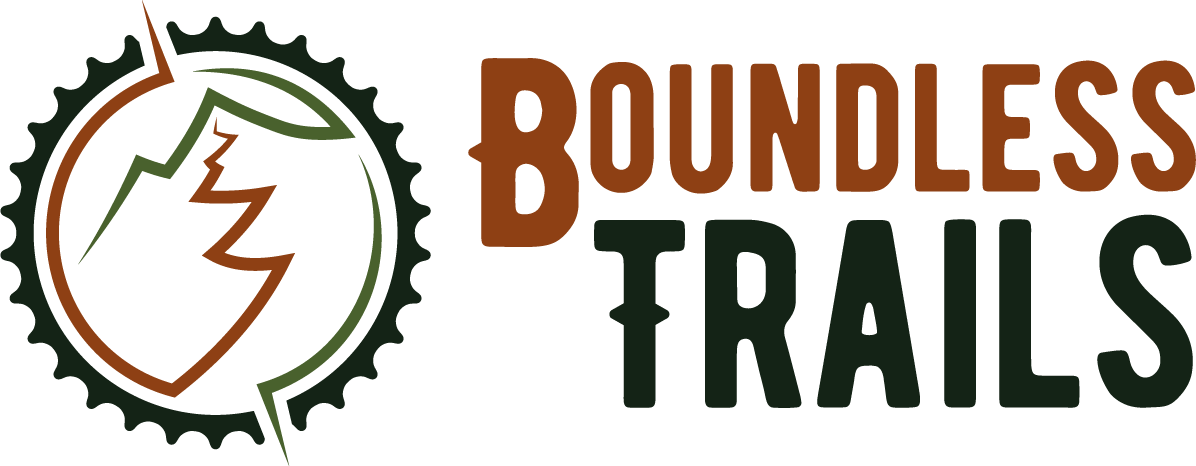Lessons from the Trail: Building an Inclusive Path Forward
When I set up Boundless Trails, my main goal was clear — to create a pathway linking GPs and mental health services so I could use mountain biking as a tool to support people with mental health challenges.
Having personally experienced the benefits of mountain biking on my own mental health, I wanted to encourage others to get on a bike, connect with nature, and feel the sense of freedom and confidence that comes from being outdoors and moving.
This ambition came to life through my referral-only programme, Trails to Wellbeing, and our first referral pathway with Maryhill Group Practice. Together, we created referral forms and processes to ensure I had the information I needed in advance to support participants as best I could.
However, my first session taught me a valuable lesson: even with plenty of information, you never truly know a person’s full story, their strengths, or the challenges they might face. What’s unseen is often just as important as what’s shared on a form.
During one of the first sessions, we rode through a short, overgrown section of trail. One participant found it difficult because of sensory sensitivities — something that hadn’t come through in the referral and that I wasn’t aware of beforehand.
It was a simple but powerful reminder that inclusivity means being prepared not just for what you know, but also for what you don’t. Every person experiences the outdoors differently, and being truly supportive means staying flexible, responsive, and willing to adapt in the moment.
As Boundless Trails grows, I want our approach to be as dynamic as the landscapes we ride through: flexible, human, and constantly evolving. The trails remind me that progress isn’t always about going faster or further — sometimes it’s about slowing down, noticing, and learning how to make the path more welcoming for everyone.
